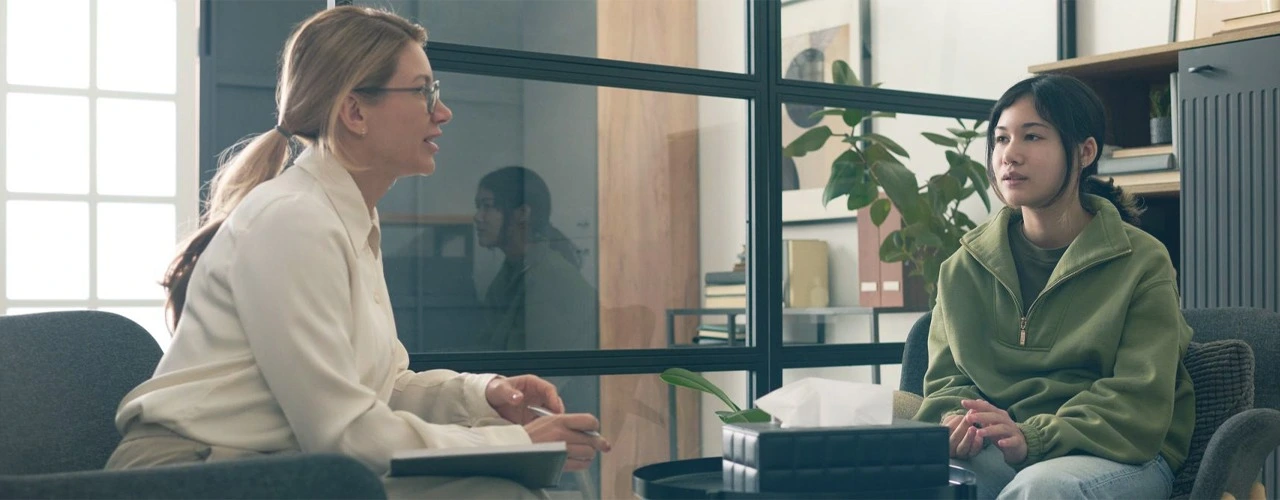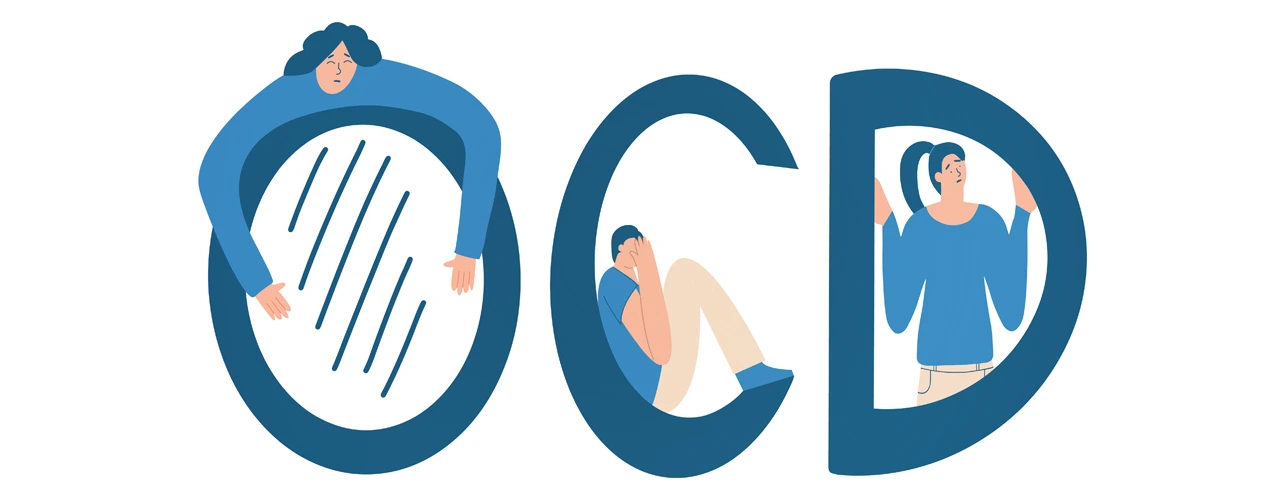Attention Deficit Hyperactivity Disorder (ADHD) is one of the most common neurodevelopmental disorders in children. Understanding the signs of ADHD in kids can help parents seek timely support and intervention, ultimately improving their child’s well-being and development. If you’re noticing your child struggling with attention, hyperactivity, or impulsivity, it’s important to explore whether an ADHD assessment for kids could provide clarity and direction.
What is ADHD in Children?
ADHD is a neurological condition that affects a child’s ability to pay attention, control impulses, and regulate energy levels. While it’s normal for children to be active or distracted at times, kids with ADHD experience these behaviours at a much more intense and persistent level, affecting their daily lives and performance at home, school, and in social settings. Recognising ADHD symptoms in kids early on can help parents and educators provide the right support and interventions to manage the condition effectively.
Common Signs and Symptoms of ADHD in Kids
ADHD symptoms can present differently in each child, but they generally fall into three categories:
Inattentiveness
- Difficulty sustaining attention on tasks or activities
- Frequently making careless mistakes in schoolwork
- Easily distracted by external stimuli
- Forgetfulness in daily activities (e.g., forgetting homework or chores)
- Trouble following through on instructions
Hyperactivity
- Constantly moving, even in situations where it’s not appropriate
- Fidgeting or tapping hands and feet
- Difficulty remaining seated
- Excessive talking
- Difficulty engaging in quiet activities
Impulsivity
- Interrupting conversations or games
- Difficulty waiting their turn
- Acting without thinking about the consequences
- Blurting out answers before questions are fully askeds
It’s important to note that not all kids will display every symptom, and the intensity of symptoms can vary. Understanding the range of ADHD symptoms in kids can help caregivers recognise when typical behaviour might indicate something more.
Related Post: An ADHD Therapist’s Guide to Overcoming Emotional Challenges
When Should Parents Consider an ADHD Assessment for Kids?
If your child’s behaviour consistently disrupts their daily life at home, school, or in social situations, it may be time to consider an ADHD assessment for kids. Early diagnosis and intervention can help children receive the right support and treatment, improving their long-term outcomes.
Diagnosing ADHD in Children
Diagnosing ADHD in children involves a comprehensive evaluation by a healthcare professional, such as a psychologist, psychiatrist, or paediatrician. The process typically includes:
- Parent and teacher questionnaires
- Interviews with the child and family
- Observations of the child’s behaviour
- Reviewing the child’s medical and educational history
For parents and caregivers wondering how to diagnose ADHD in kids, these steps are essential in identifying the condition accurately and effectively. The goal of the assessment is to rule out other potential causes of the child’s symptoms and provide an accurate diagnosis.
How Can ADHD in Kids Be Managed?
Managing ADHD often involves a combination of treatments, including:
- Behavioural therapy
- Parent coaching
- School accommodations
- Medication (if recommended by a healthcare provider)
- Lifestyle adjustments such as regular exercise and structured routines
Consistency and patience are key when supporting children with ADHD, as they often respond best to clear expectations and positive reinforcement.
Why Early Intervention Matters
Early intervention can make a significant difference in a child’s ability to thrive. With the right support, children with ADHD can improve their focus, build positive relationships, and succeed academically. Knowing how to diagnose ADHD in kids is the first crucial step toward getting them the help and resources they need to reach their full potential.
Seeking Support for ADHD in Kids
If you’re concerned about your child’s behaviour and suspect they may have ADHD, the first step is to consult with a healthcare professional for an assessment. At [Your Clinic Name], we specialise in ADHD assessment for kids, offering compassionate and evidence-based evaluations to support families on their journey.
Final Thoughts
Recognising the signs of ADHD in kids is the first step toward helping your child succeed. An early and accurate ADHD assessment for kids can provide the answers you need to support your child’s unique needs. If you’re ready to take the next step, reach out to our team to learn more about our ADHD assessment services and how we can help your family navigate this journey. Take SYNT’s free ADHD self-assessment test to better understand your child’s symptoms.
Frequently asked questions
What should parent of ADHD children know?
ADHD is a neurological difference, not laziness or defiance or bad behavior either. And your child isn't "naughty". These kids aren't trying to be difficult; their brains are wired for movement, spontaneity, and big emotions. They may struggle with focus, but they shine in creativity. They may forget instructions, but they notice things others miss. And do you know what they need most? Structure, clear & loving communication, and lots of patience. They look for a soft place to land when the world feels overwhelmed. And hey, when they can't "focus," notice what they do focus on. The magic lies there!
How to handle an ADHD child?
It's not about handling them, it's about understanding them. ADHD kids aren't trying to frustrate you. They're trying to function in a world that wasn't built for how their brain works. So, try this: break larger tasks into small steps, use visual instructions, and let them run, bounce, wiggle-it helps reset focus and give them a warm hug as love says thousands of words.
How to tell if a child has ADHD?
It's more than being a "hyper." Look for patterns over time, in different places, like how they finish tasks, communicate, react, or manage things. If the outcomes come up, yes, don't panic. ADHD is common and very treatable. But it needs a proper diagnosis. Talk to your child's teacher. Meet with a pediatrician or child psychologist. Ask for a complete evaluation.
































